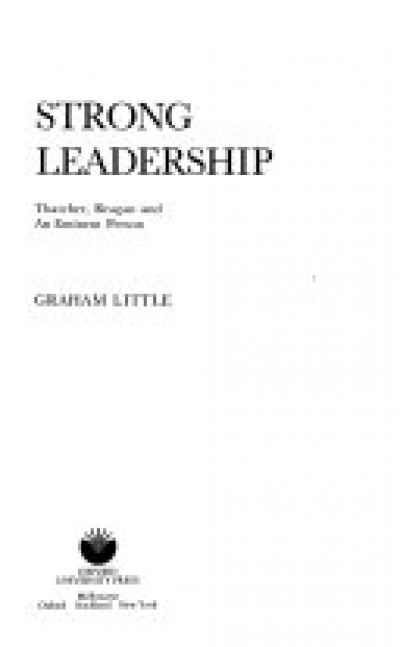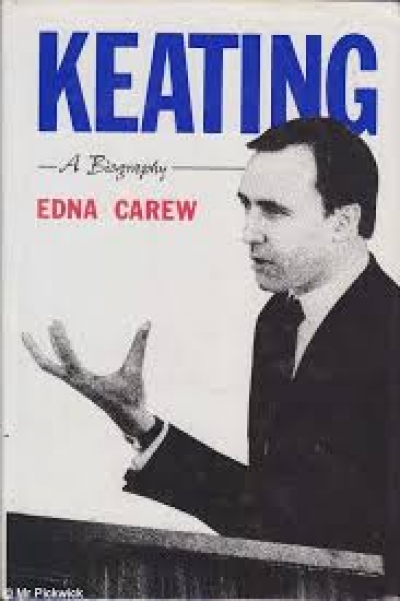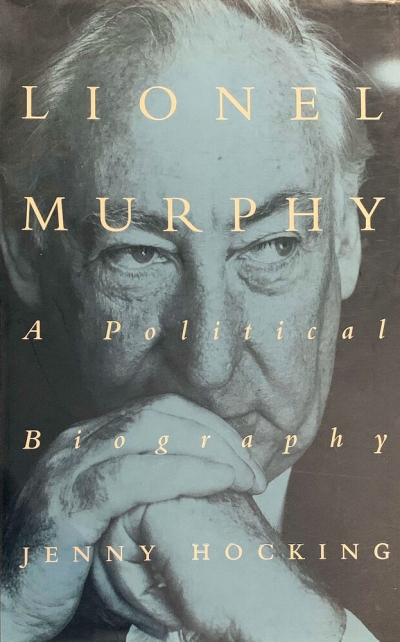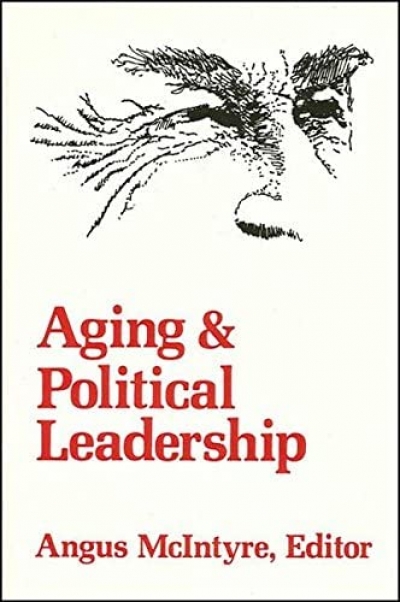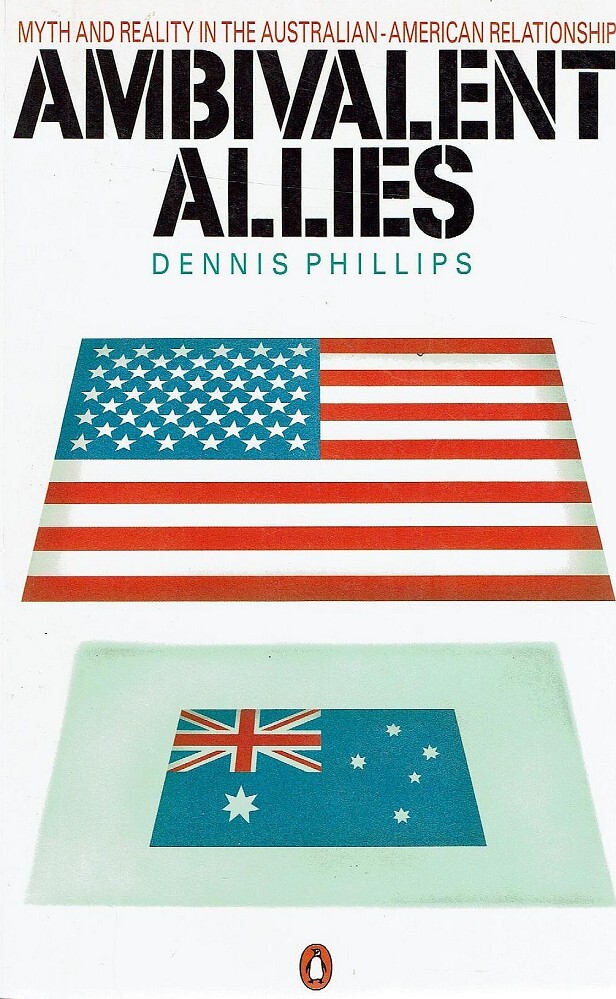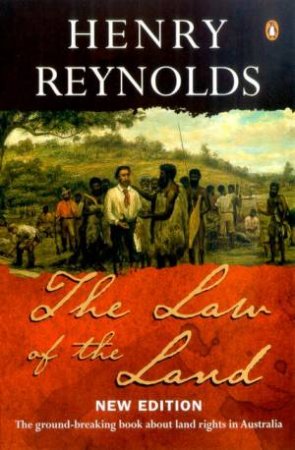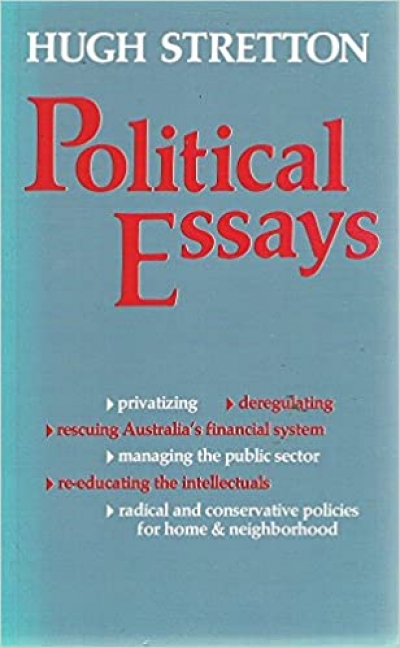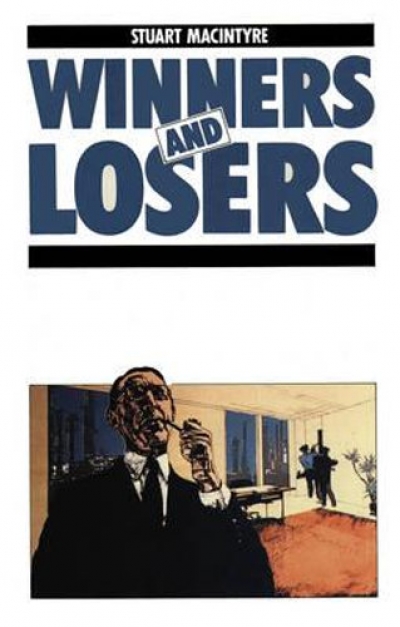John Bunting’s portrait of Robert Menzies is a book for fans. Beautifully produced, with a handsome cover, tartan endpapers, and a royal blue marker, it is an ideal gift for those who agree with Bunting’s judgement – that Menzies was ‘grand and magnificent, the best man of his time’. It will also please those who, though more reserved in their admiration than Bunting, remember Menzies with respect and admiration.
Bunting was a member of the Prime Minister’s Department for the last seven years of Menzies prime ministership, and a senior officer in that Department from the beginning of Menzies long post-war reign in 1949. He feels that Menzies suffered a bad press after his retirement and has often been misunderstood; as he can speak with the authority of experience he has taken up his pen to write of Menzies as he knew him.
...
(read more)


